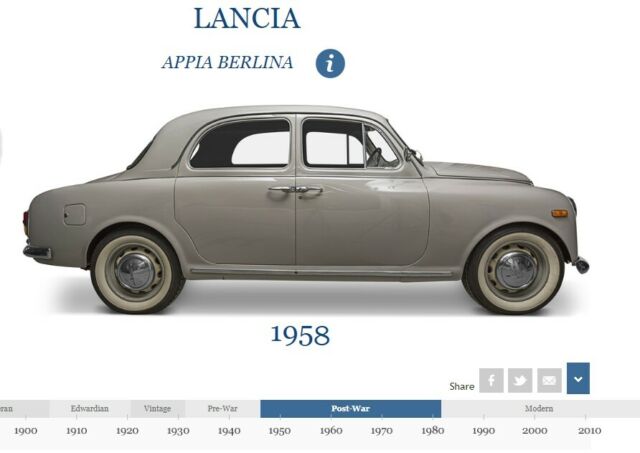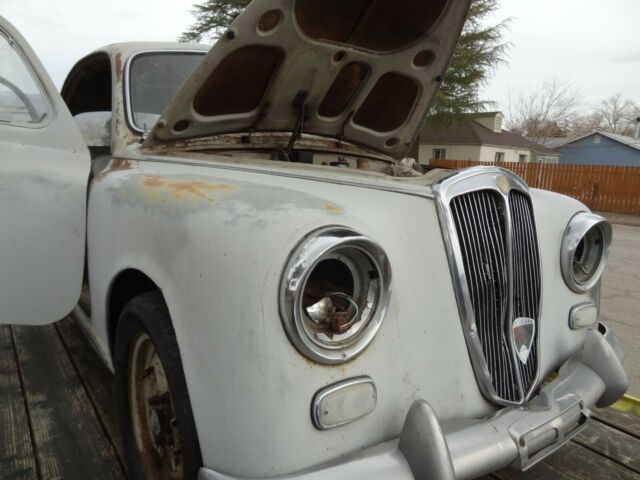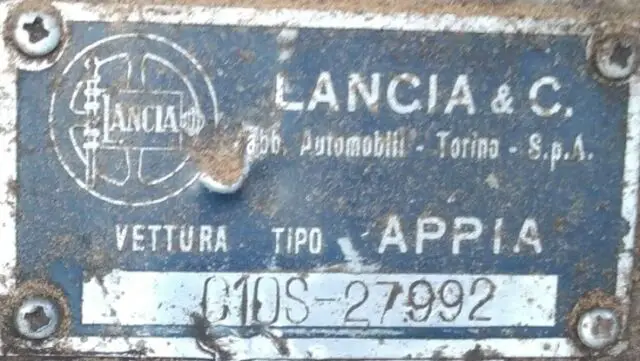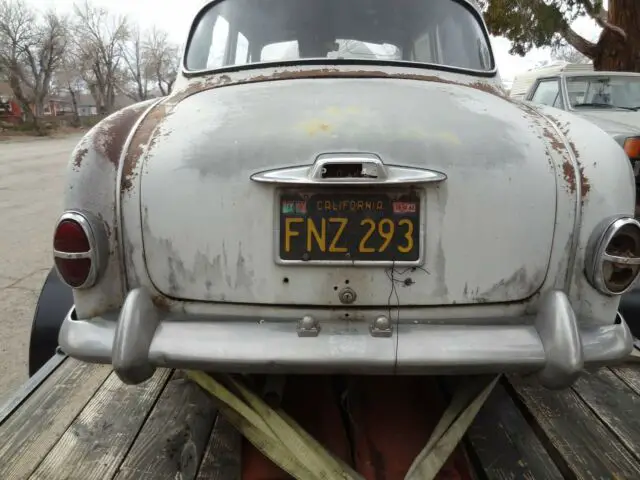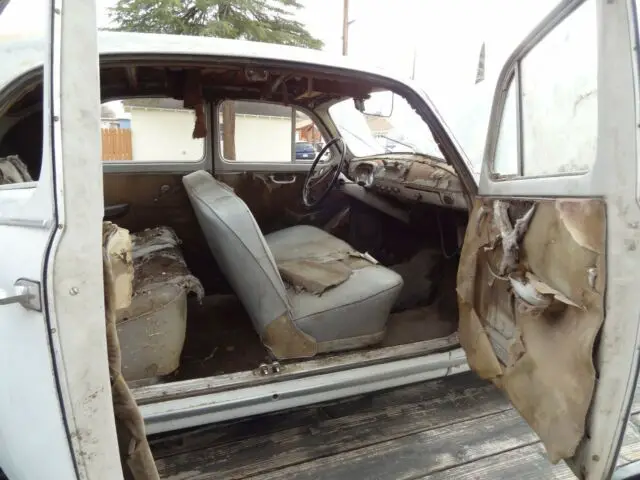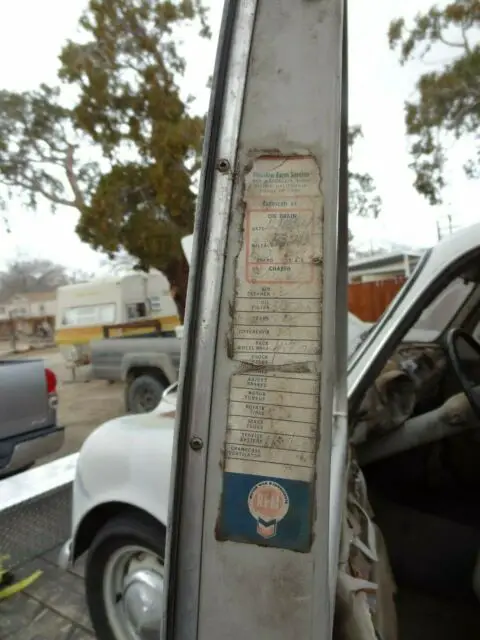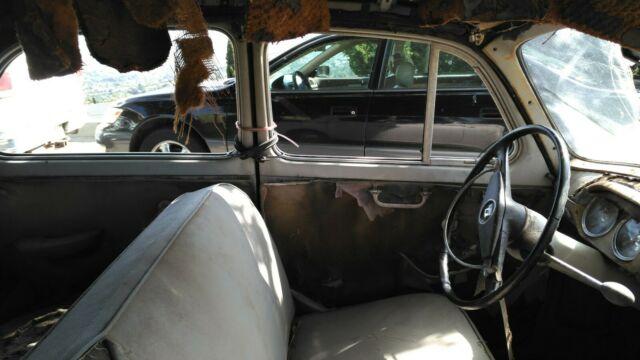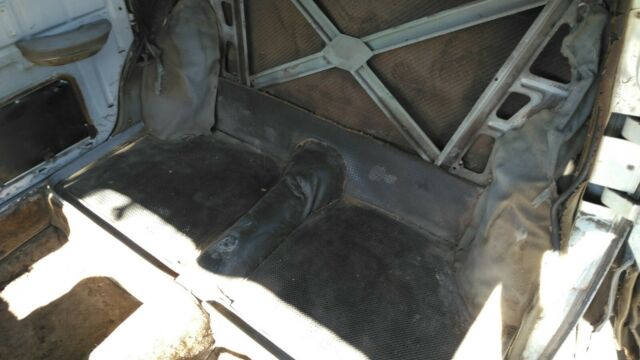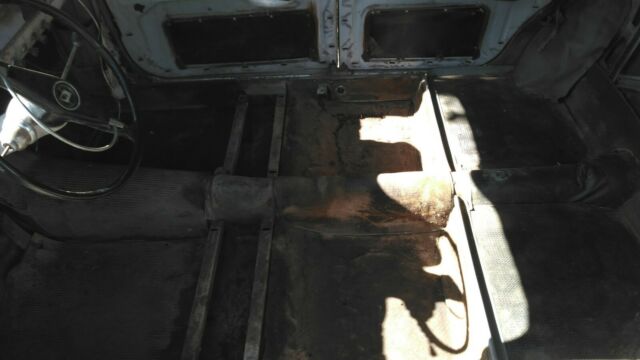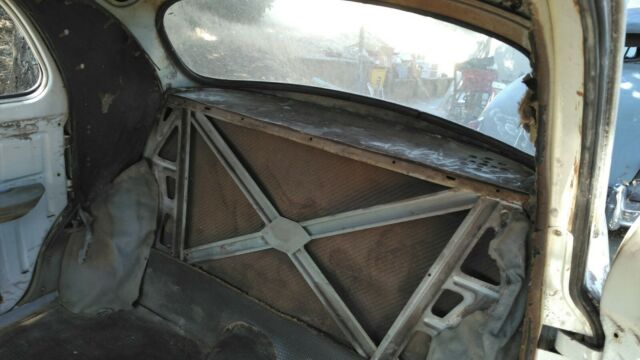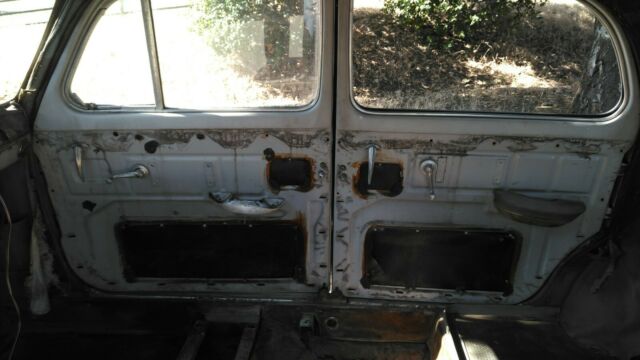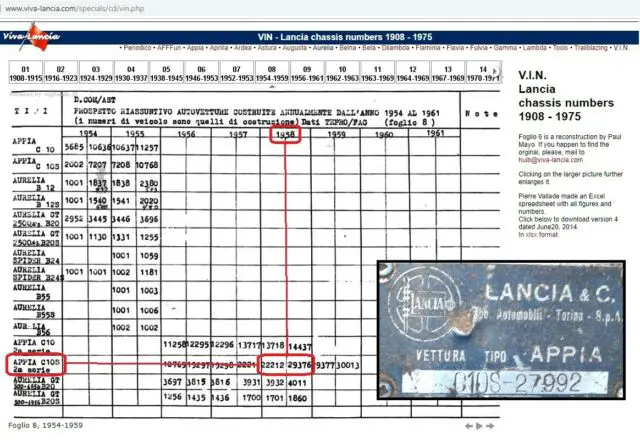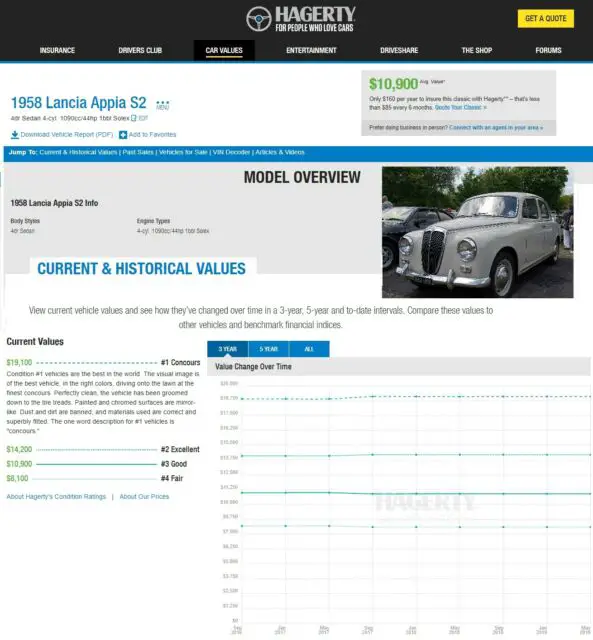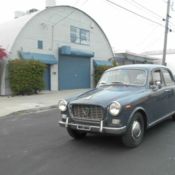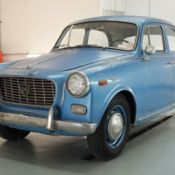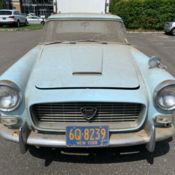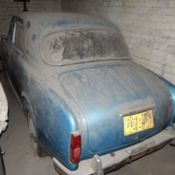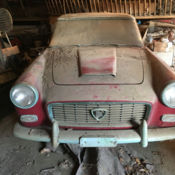RARE BARNFIND Lancia Appia Saloon found on Indian Reservation in CA
| Make: | Lancia |
| Model: | Appia |
| Type: | Sedan |
| Trim: | Series 2 |
| Year: | 1958 |
| Mileage: | 57850 |
| VIN: | C10S27992 |
| Color: | Gray |
| Engine: | 1.1 L Lancia V4 |
| Cylinders: | 4 |
| Fuel: | Gasoline |
| Transmission: | Manual |
| Drive type: | RWD |
| Interior color: | Gray |
| Drive side: | Left-hand drive |
| Vehicle Title: | Clear |
| Item location: | San Jose, California, United States |
| Extras |
| Listed by | Private seller |
Description of 1958 Lancia Appia Series 2 |
|
1958 Lancia Appia Series 2 Sedan Rare Barn Find Numbers Matching Black License Plate Car Found After 40 Years Found on Indian Reservation in Northern California Great Restoration Project and Solid Body 1958 Lancia Appia Series 2 (S2) Left Hand Drive (LHD)Berlina Sedan Saloon 4 door / Seats 4Chassis Number: C10S 27992Motor Number: MOT No. C10S-30652Body Number: 27018Mileage: 578504 door Sedan 4-cylinder 1090cc/44hp 1bbl Solex4 speed manual transmission Left Hand Drive - S for Sinistra (Left in Italian)Car is not Running - Interior readied for restorationVery Complete Car for Restoration or PreservationAluminum Hood and DoorsMany parts included and removed from car (trim, seats, cylinder head, carburetor, air cleaner, valve cover gaskets, etc.) See value appraisal from Hagerty on value of Lancia Appias (included in pictures) See production chart on chassis numbers for info on 1958 numbers (included in pictures) Note:No front windshield glass (was cracked and removed), rear windshield is presentNo driver side glass (passenger front is rolled down)No driver side rear glass or ventilation glassSeats are shot - included but need to be re-upholsteredOriginal number matching engine in car (semi-complete)Engine has cylinder head (redone) but not installedEngine needs full rebuild (not running)Original exhaust headers included (need restoration)Some surface rust - body in restoration shapeTires do hold air, but need replacement3 original hubcaps included (one missing)Dash needs restoration, gauges appear to function but not testedIncludes original radio, but may not function Must be trailered or towed (car is light and does steer manually)Car located in San Jose, CaliforniaDMV title is issued, so can be shipped via container internationally (buyer pays all costs) Extra pair (2) set of driver doors (front and rear) and window glass available as other listing on eBay Found on an Indian Reservation in Northern California, Chassis No. C10S-27992 History of the LANCIA APPIA The Appia Berlina (saloon) was introduced in April 1953 at the Turin Motor Show. The chassis code was C10 for the right hand drive saloon—the standard version, as was customary at Lancia—and C10S (from Sinistra, Italian for "left") for the left hand drive variant, available on request. Under the Appia's bonnet there was a 38 PS 1.1-litre engine, which according to the manufacturer could push the car to 120 km/h (75 mph). The body style was similar to its bigger sister's, the luxurious Lancia Aurelia. To save weight, on the first few thousands of examples the doors and rear wings were aluminium. The bumpers were also aluminium, making them easily dented; after some owners' complaints, rubber stripping was added, to protect them from minor impacts. In a tradition inaugurated by the 1933 Lancia Augusta, the front doors were hinged forwards, the rears aft, and there was no central pillar. A spare tyre, the fuel filler and the battery were housed in the boot. Inside there were independent front seats, a column-mounted shifter, ivory plastic steering wheel and switches, and panno Lancia wool cloth upholstery in grey or beige. Lancia Appia Second Series (This 1958 C10S #27992 car as listed) In April 1955 engineer Antonio Fessia joined Lancia as technical director, and started off fixing the Appia's shortcomings. Jano left shortly after, when Lancia withdrew from Formula 1. The resulting second series Appia, introduced at the Geneva Motor Show in March 1956, had a more powerful engine, a modernized body and better interior room. The C10 and C10S type codes were kept. The rear part of the body had been redesigned to enlarge the boot, and the wheelbase was stretched by 3 cm (1.2 in) to provide better rear seat accommodation; this resulted in a 14.5 cm (5.7 in) growth in length. From the front the second series could be recognized from its rectangular instead of round turn signal lamps and the steel bumpers with over-riders. The fuel filler cap was moved outside, under a locking flap on the right hand side rear wing. Fessia's changes to the engine included lowering the compression ratio, redesigning the cylinder head incorporating hemispherical combustion chambers and a new arrangement of the valves, new pistons, a new carburetor and different camshaft profiles. Output increased to 43 PS, and top speed to 120 km/h (75 mph). In the cabin a front bench seat took place of the two single ones, the binnacle held two round instruments, and steering wheel and switchgear went from ivory to black. In May 1958 daily production was 27 cars per day. This is 1384th car from the last produced in 1958 (see production chart). |
 Home
Home Contact us
Contact us NEWEST CARS
NEWEST CARS SELL YOUR CAR
SELL YOUR CAR FAQ
FAQ